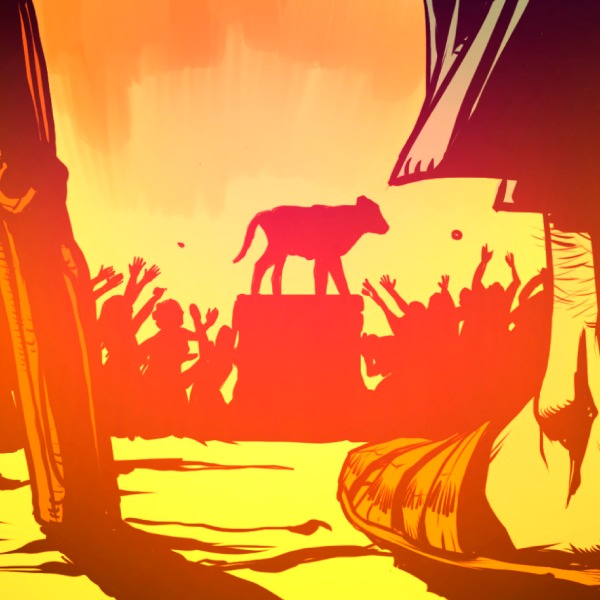
Deuteronomy 9
Why do we remember anything? Or if asked a little
differently, why do we remember some events and not others? Meetings with old friends can bring to mind stories long forgotten?
It happens that way because our minds are prone to push some things to the
front and others to the back. We can only focus on so many events/stories/memories
at a time. Moses understands how pivotal the 40 years in the wilderness was to
the children of Israel and insists they remember, or lose the collective importance.
If you had an event in your family where a member almost
died because of a heart condition, you would remember that. You’d remember a
scary night at the hospital when their life seemed to hang by a thread. And if
they lived…you’d remember how they changed their diet, started walking and
losing weight. You’d remember what made the difference and make changes in your
own life to avoid a similar scare. Moses needs the Children of Israel to
remember the scary night in the wilderness when God nearly destroyed them because
of their wickedness.
One way to remember is by routine or
ceremony. In America we have ceremonies for Veterans Day and Memorial Day, and
important people like Martin Luther King and Abraham Lincoln. The Jews
celebrate Passover by ‘remembering’ in a collective sense, the exodus from
slavery to freedom and a land of their own. It's a reminder of how God
kept His promise and rescued them from the Egyptians and took care of them
through the wilderness. Most of Deuteronomy is Moses imploring the next generation
of Israelites to never forget how the Lord kept them from harm, and kept His
Word.
Near the end of chapter 9 Moses reminds them that God was
full of wrath at how they had rejected Him and made a golden calf to worship
like the Canaanites. He (Moses) pleaded with God not to destroy them in His
anger. Moses is also thinking about what would be said about God if the Jewish
people were ultimately destroyed.
“…O Lord God, do not
destroy Your people and Your inheritance whom You have redeemed through Your
greatness, whom You have brought out of Egypt with a mighty hand. Remember your
servants, Abraham, Isaac, and Jacob; do not look on the stubbornness of this
people, or on their wickedness or their sin, lest the land from which You
brought us should say, “Because the Lord was not able to bring them, and
because He hated them, He has brought them out to kill them in the wilderness.”
(26-28).
Moses was thinking about the promise and reminding God about
it. How awesome is that? We can remind God about His promises to us. He is also
thinking about the future of God’s name and reputation among people if the
children of Israel die in the desert. Usually God is holding us back from
making a regrettable decision. Here, it looks like Moses is doing the same to
God. But in using the promise of Jehovah’s Word, it has the uniqueness of being
reliable.
The wilderness experience for the Israelites was so formidable
in the exodus story that Moses won’t let them forget it. The same is
true for us in personal matters too. We remember when something is important
enough. But add a few generations and without rigorous attention to ceremony,
it gets lost in the ‘importance’ of the now. The Jewish people get this better
than most. They also show us that it’s possible to live a modern (Western)
lifestyle and still honor the past by adhering to ceremony where necessary. I
don’t think the actual rites or rituals are as important as making time for
them. In Christianity we celebrate the resurrection of Christ by attending
church for a celebration of victory over death, for all time. But other
ceremonies exist around the world, I’m sure Eastern Orthodox Christians have a
different tradition.
When we don’t honor seminal events we lose them, and the
importance of God in our lives. We also lose generations of people to nihilism or apathy. Moses won’t let them forget.
So good!
ReplyDelete